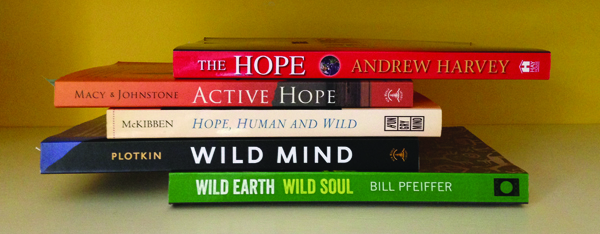
One sense of the verb, “progress,” is “to advance toward perfection or to a higher or better state; to improve.” That’s what comes to mind with the term “progressive,” as in, the Progressive Agenda: “favoring, working for, or characterized by progress or improvement.” It’s safe to say, our country needs to improve. Starting with basic human rights and dignity.
I spent an embarrassing amount of time watching the Parler videos on ProPublica. I learned that the Capitol Police, absurdly outnumbered, fought valiantly for a hellish hour to hold off the mob. Their little riot gates would make better bike racks. For that tense time, conventional rules of obedience to authority held through bitter confrontations. Most people seemed content to stand there yelling their slogans. Of course we know what happened, but that long hour teetered between order and chaos.
Continue reading








